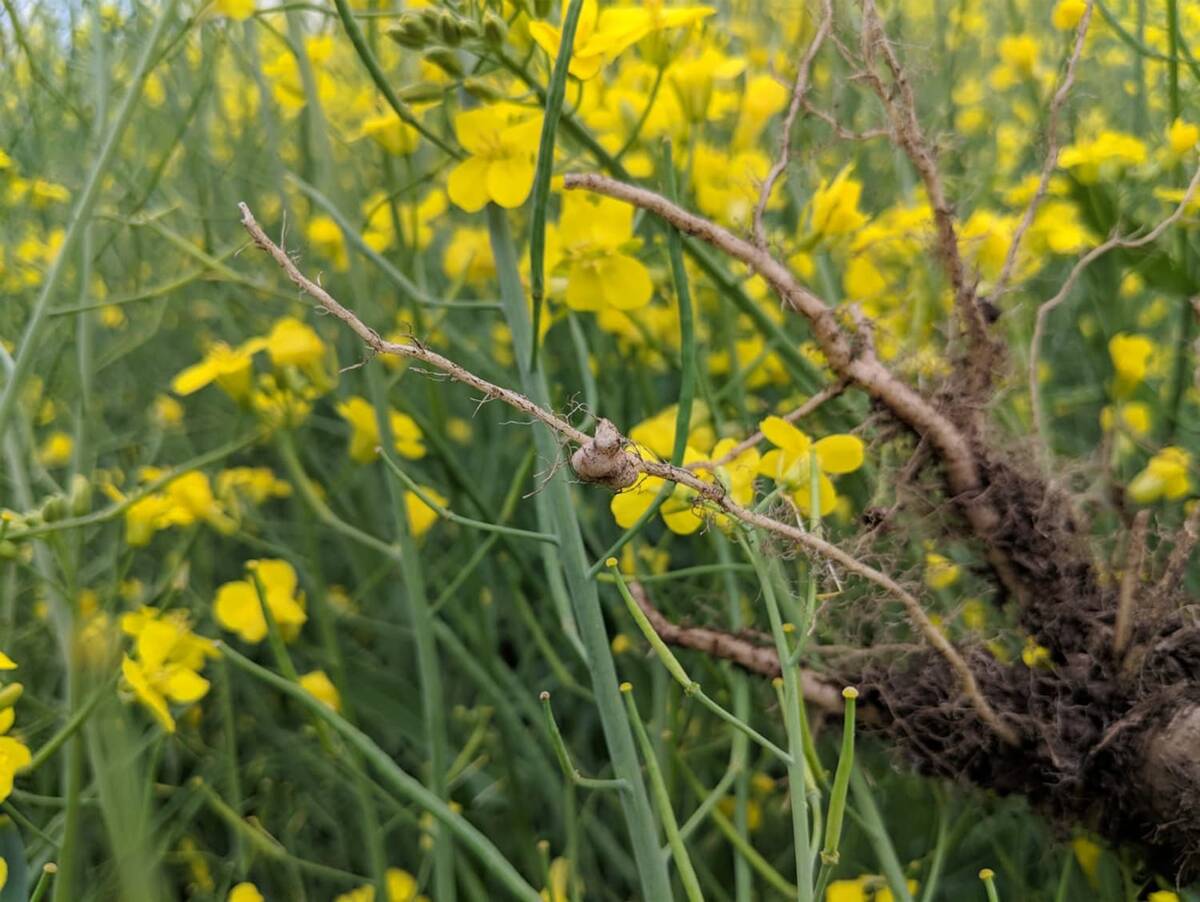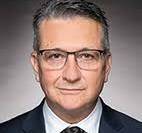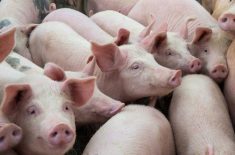The investor’s door at Bioriginal Food and Science Corp. revolved rapidly in January.
Saskatchewan Wheat Pool is out, but a new group of investors has stepped in with a $9 million equity injection .
“In the grand scheme of things we had a good opportunity to divest and use our resources, financial and human, in better ways in other parts of the business,” said Bill Hunt, executive vice-president of the pool’s food and industrial services group. Bioriginal bought the pool’s 19 percent interest, worth about $1.9 million, from its own earnings.
Read Also

Going beyond “Resistant” on crop seed labels
Variety resistance is getting more specific on crop disease pathogens, but that information must be conveyed in a way that actually helps producers make rotation decisions.
The new group of investors, put together by the Business Development Bank of Canada venture capital division, includes Manvest Inc., Crown Life Insurance Co., and Crown Investments Corp. Business Development Bank put up $2.5 million and Crown Investments invested $1.5 million.
“Although this company has been around for years, it has grown rather rapidly and that does put a strain on our resources. That’s why the equity was very beneficial,” said Bioriginal chief financial officer Joe Vidal.
Bioriginal’s vice-president Jerome Konecsni said the Saskatoon company is considering spending the money on four or five projects. Some will pay for operating expenses because Bioriginal’s large inventory quickly eats up operating cash.
In 1993 Bioriginal was created by Rick Kulow’s PGE Canada, a borage processing company, Sask Pool, Crown Investments, Nuvotech Ventures International, Organico Food Products and Fred Kulow of Oakmont Investment Co., a player in the American natural food marketplace.
Today, Kulow is president of Bioriginal, but the products have expanded to include essential fatty acid oils and herbal medicines. Borage oil is the top seller, followed by primrose and flax oils, but the herbal tincture business is growing fast.
The oils and tinctures are sold around the world for use in health foods, nutritional supplements, body-care products, cosmetics, pharmaceuticals and pet food.
In six years, Bioriginal has grown from a marketing and distribution company with three employees to a research, processing and distribution company employing 65. Konecsni expects to hire another 15 to 20 in the next five months.
It owns an oil processing plant in Asquith, Sask., and a herbal tincture plant in Speers, Sask. Both opened in 1997.
A portion of the new investment is slated to help expand the Asquith plant. Warehouse, office and laboratory space would be increased and a standardized herbal extract facility is planned. The extract process involves soaking herbs in alcohol and pressing out the active ingredients.
Company officials are considering other partnerships with companies in Europe, Asia and the United States.
“If you can categorize them generally, they’re either going to help us with expanding our processing or supply arrangements,” said Konecsni.
One possible partnership with an Icelandic company, which provides Bioriginal with fish oil, would see the two build a processing plant together.
Bioriginal uses fish oil in several products.
















